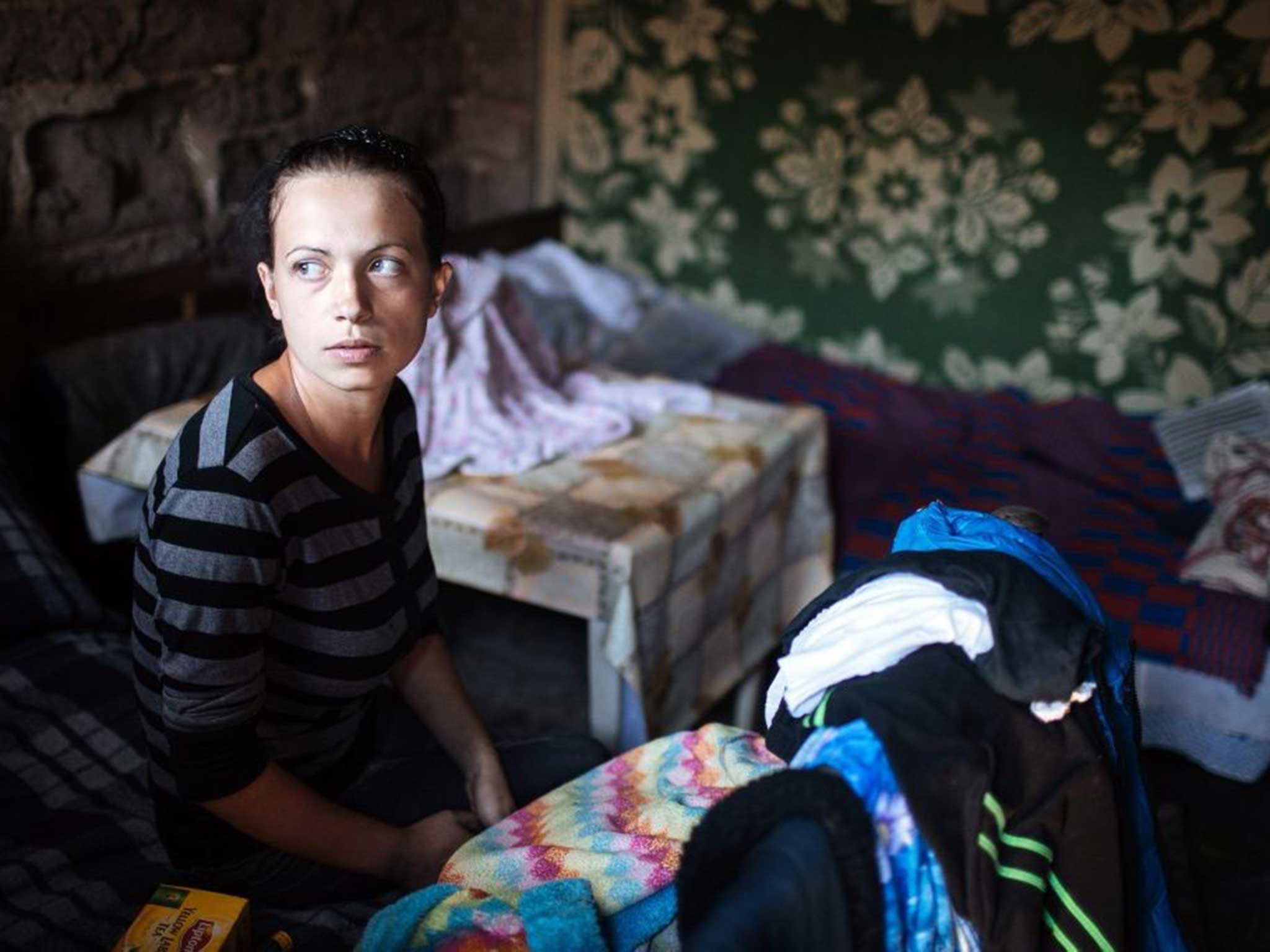Islamic State: French jihadist holding Western hostages is also suspected of murders at Jewish museum in Brussels
French born Mehdi Nemmouche has been identified by former captives

The French jihadist suspected of murdering four people at a Jewish museum in Brussels once acted as jailer to Western hostages of Islamic State in Syria, it emerged yesterday.
Mehdi Nemmouche, 29, has been identified by French hostages, who were released in April, as a "brutal" but junior ex-guard of Western hostages, including the American photojournalist James Foley, who was executed last month.
Mr Nemmouche, born in northern France, was extradited to Belgium in July on suspicion that he is the lone gunman who killed four people in the Jewish museum in Brussels in May. He was arrested in Marseille shortly after the attack, with guns and an Islamic State flag in his baggage.
The French newspaper Le Monde reported yesterday that he had been identified by former French captives as one of the IS guards at a so-called "hostage factory" in Syria last year. The newspaper said the information came from questioning by the French equivalent of MI5, the Direction Générale de la Sécurité Intérieure, of French journalists released in April. Le Monde said the information had been confirmed by a UN source in Syria, based on the evidence of a UN aid worker who was also held at the "hostage factory".
The revelation opens the possibility that Mr Nemmouche could identify "John", the executioner with a London accent seen in the videos released by IS of the beheading of Mr Foley and another US journalist, Steven Sotloff. Also being held is the British aid worker David Haines, 44, who appeared in the same video as Mr Sotloff. He was abducted with an Italian colleague while travelling by car through northern Syria in March last year on the way to the Turkish border.
So far, Mr Nemmouche has refused to respond to questions from French and Belgian investigators. He had reportedly been positively identified by some French ex-hostages and provisionally by others as a junior guard "who behaved with great brutality and committed very serious acts".
The investigators also hope to learn why Mr Nemmouche left Syria and IS this year. The jihadist group is known to act brutally towards recruits who try to leave. The French hostages told security service investigators that adjoining cells in their "prison" were occupied by would-be IS members who were suspected of being western "moles" or unwilling to fight.
Mr Nemmouche is believed to have left Syria in February and returned to Europe via Singapore and Bangkok. Investigators are anxious to learn whether he managed to leave of his own accord or whether he was sent by IS to attack Jewish targets in Europe.
Western governments claim that IS might one day, like Al‑Qaeda, export terrorism to Europe or the United States. So far, however, the group has expressed little interest in acting outside the Middle East.
Four French journalists kidnapped in June last year, Didier François, Edouard Elias, Nicolas Hénin and Pierre Torres, were released in April. There has been speculation in the French press that ransoms were paid by France through Middle Eastern intermediaries, but this has been denied by Paris.
Yesterday, the French magazine Le Point quoted its reporter, Mr Hénin, as saying he was tortured by Mr Nemmouche. Speaking to the Associated Press last month, he described how Mr Foley had endured tougher treatment from captors because of his citizenship, but always behaved with courage and dignity.
"James was probably, among the whole group of hostages, the person I appreciated the most, because he was so truly generous, so human, and basically anything he could share, he would share it. If we were cold and missing blankets he would share [his]. If we were starving and missing food he would share his ration."
Authorities estimate that there are some 900 people from France who have been implicated in jihad in the Syria region. Several dozen have been killed.
Speaking about the raised terror threat in Britain at the end of August, David Cameron cited the attack on the Jewish museum. "There's no doubt in my mind that Isil [IS] is targeting all of us in western Europe," he said.
"The attack in the Jewish museum in Brussels was perhaps the clearest indication yet that this is an organisation that wants to kill entirely innocent people in pursuit of its agenda."
Bookmark popover
Removed from bookmarks